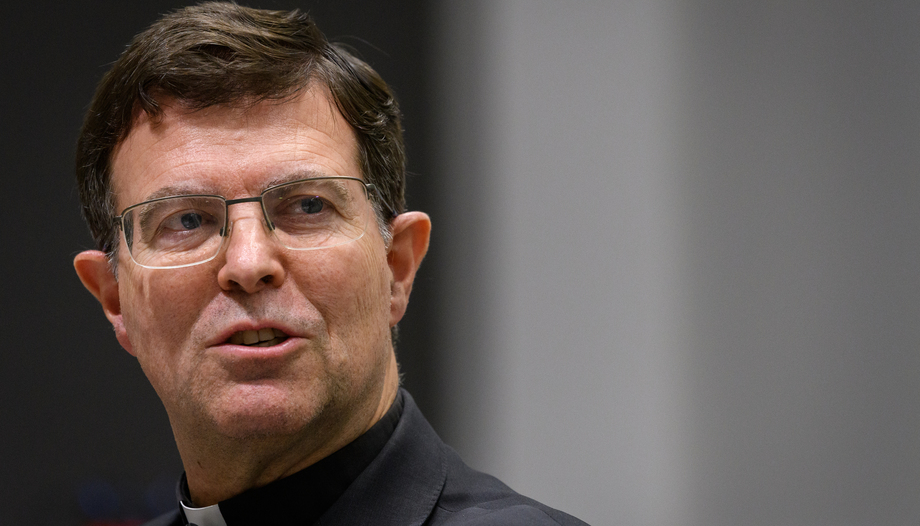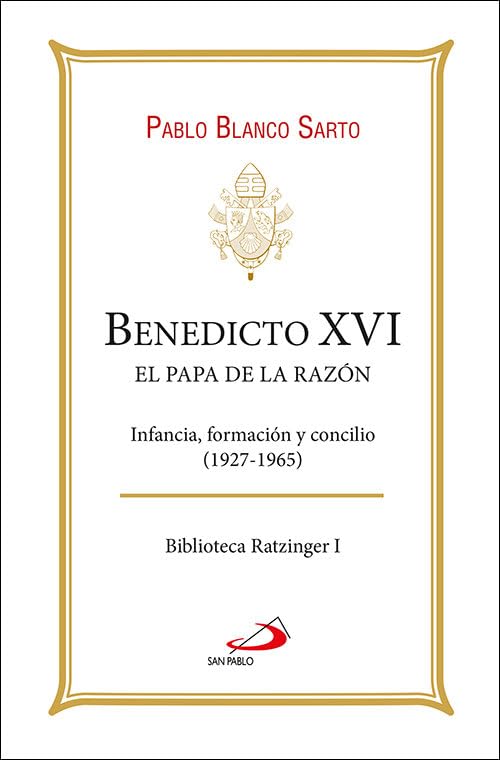Within the framework of the centenary of the birth of Joseph Ratzingerhis best-known Spanish-language biographer publishes the first volume of a critical biography that combines chronicle and essay. Beyond recounting a series of events, it focuses on his life and thought during the initial years of his career. In order to better understand the "Pope of the logos", known for his emphasis on reason and words, we spoke with Pablo Blanco about this new work.

What does this new biography on Benedict XVI add to those you have written before?
-It provides more information, contrasted with other sources, which is why I have called it "critical", as well as a lot of context to better understand the biographer: on the history of ideas in Germany, culture, literature, philosophy and theology. I think it can be a new instrument to continue the reception of the figure and thought of Joseph Ratzinger / Benedict XVI. Until now, in my opinion, we were very conditioned by the proximity, so that his personality awakened philias or phobias in a somewhat temperamental way. I think that the time is now coming to understand him in his context and with a certain historical distance.
What will the next three volumes be like?
-For the time being, the publishing house has programmed: "From Tübingen to Rome (1966-2005)", "The Beginning of the Pontificate (2005-2010) and "The End of the Pontificate and Resignation (2010-2022)". But it will take some time, since a certain critical distance is always useful. This first volume deals with the first part of his life: the Bavarian and German lands, his childhood and adolescence, his formation and his participation in the Second Vatican Council. All this has helped me to better understand his personality, his thought and his theology.
John Paul II's iconic phrase was "Do not be afraid" What do you think would be the phrase that marked the pontificate of Benedict XVI?
-Commenting on this phrase of the Polish pope, Benedict XVI said: "God gives everything and takes nothing away. I think it sums up his life and vocation well: how he let himself be led by God, without trusting too much in his own possibilities. That is why he defined himself as "a humble worker in the Lord's vineyard". I think it is a good self-portrait, a good definition of himself.
Two years have passed since his death and we continue to see unpublished texts of Joseph Ratzinger being published. How much remains to be known of his thought and reflection? Are we facing one of the key authors for the Church of the future?
-Its acceptance and interest are growing, especially among young people. I am struck by the enthusiasm it arouses as the years go by. There are quite a few days that I receive mails from people interested in one subject or another, in which I may be more or less competent. I don't know, time will tell, but it seems to me that we are facing one of the great figures of this change of millennium.









